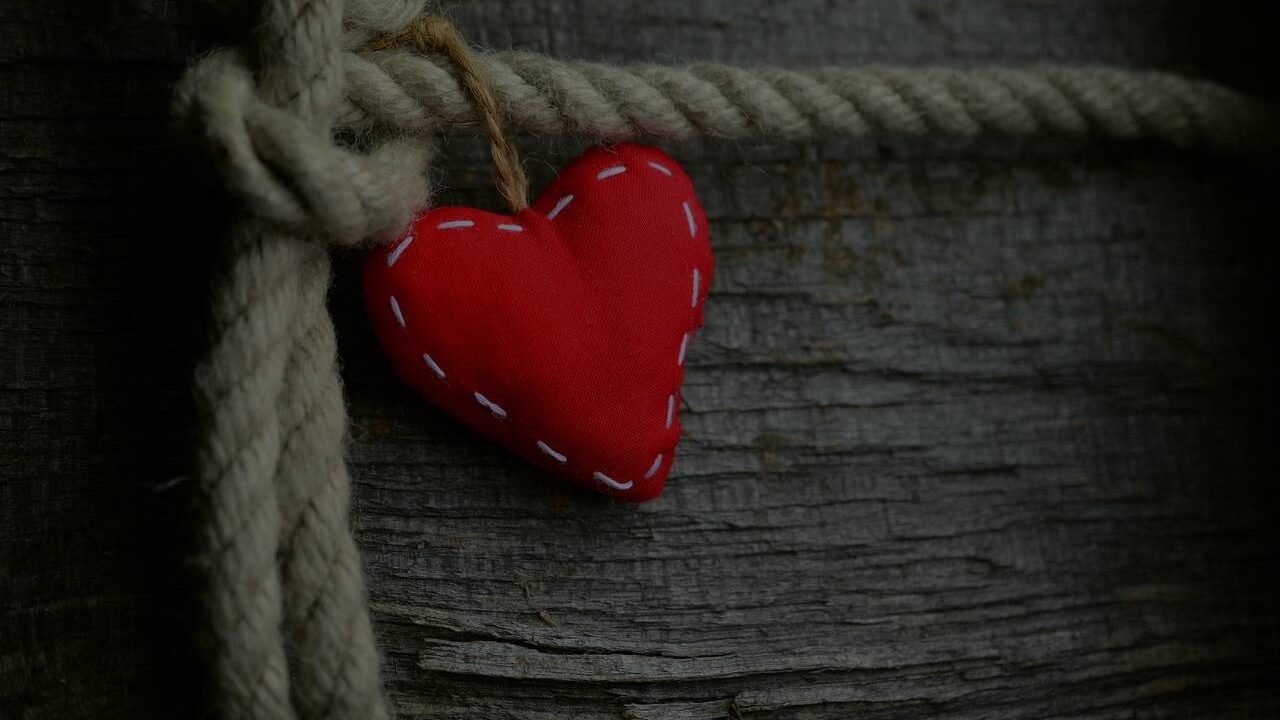
Friendship. It’s a beautiful thing, isn’t it? Those late-night chats, the inside jokes, the support during tough times. Our closest friends are like our chosen family, there for us through thick and thin. But what if I told you that there’s a dark side to friendship? Can those close relationships actually lead to depression?
As a seasoned copywriter with a decade of experience, I’ve seen the power of words to convey complex emotions and ideas. And the topic of friendship and mental health is one that hits close to home for many, myself included. So let’s dive into this intriguing and sometimes overlooked aspect of friendship.
When we think of friendship, we often envision laughter, shared experiences, and unwavering support. And while all of these are true, there’s another side to the coin. Close relationships, especially those with friends who we rely on heavily, can sometimes lead to feelings of inadequacy, jealousy, and even depression.
Think about it – when we’re constantly comparing ourselves to our friends, whether it’s their career success, relationships, or even their social media feed, it can take a toll on our self-esteem. We start questioning our own worth and accomplishments, wondering why we’re not measuring up to their seemingly perfect lives.
And then there’s the issue of dependency. When we rely too heavily on a friend for emotional support, we can inadvertently burden them with our own struggles, leading to feelings of guilt and anxiety. We might start feeling like a burden, unworthy of their time and attention, which can further spiral into feelings of depression.
But why does this happen? The truth is, no friendship is perfect. We all have our flaws, insecurities, and struggles. And when these issues intersect, it can create a toxic dynamic that breeds negativity and self-doubt. It’s important to remember that friendships, like any relationship, require effort, communication, and mutual respect. And sometimes, it’s okay to take a step back and reevaluate the dynamic.
So what can we do to prevent the dark side of friendship from taking over? Firstly, it’s important to practice self-care and self-love. Remember that you are worthy of love and respect, regardless of what others may think or say. Secondly, set healthy boundaries with your friends. It’s okay to say no, prioritize your own well-being, and seek help when needed.
And lastly, remember that it’s okay to seek professional help if you’re struggling with feelings of depression or anxiety. Therapy, counseling, or support groups can provide valuable resources and tools to help you navigate the complexities of close relationships and mental health.
So, the next time you find yourself caught in the whirlwind of friendship drama, remember that it’s okay to take a step back, reevaluate, and prioritize your own well-being. Friendship should lift you up, not bring you down.
And speaking of uplifting content, be sure to check out vanturas.com for more insightful blogs on mental health, relationships, and personal growth. We’ve got you covered with engaging content that will leave you feeling inspired and empowered. After all, we’re all in this journey called life together, so why not make the most of it with a little help from Vanturas? Happy reading!












